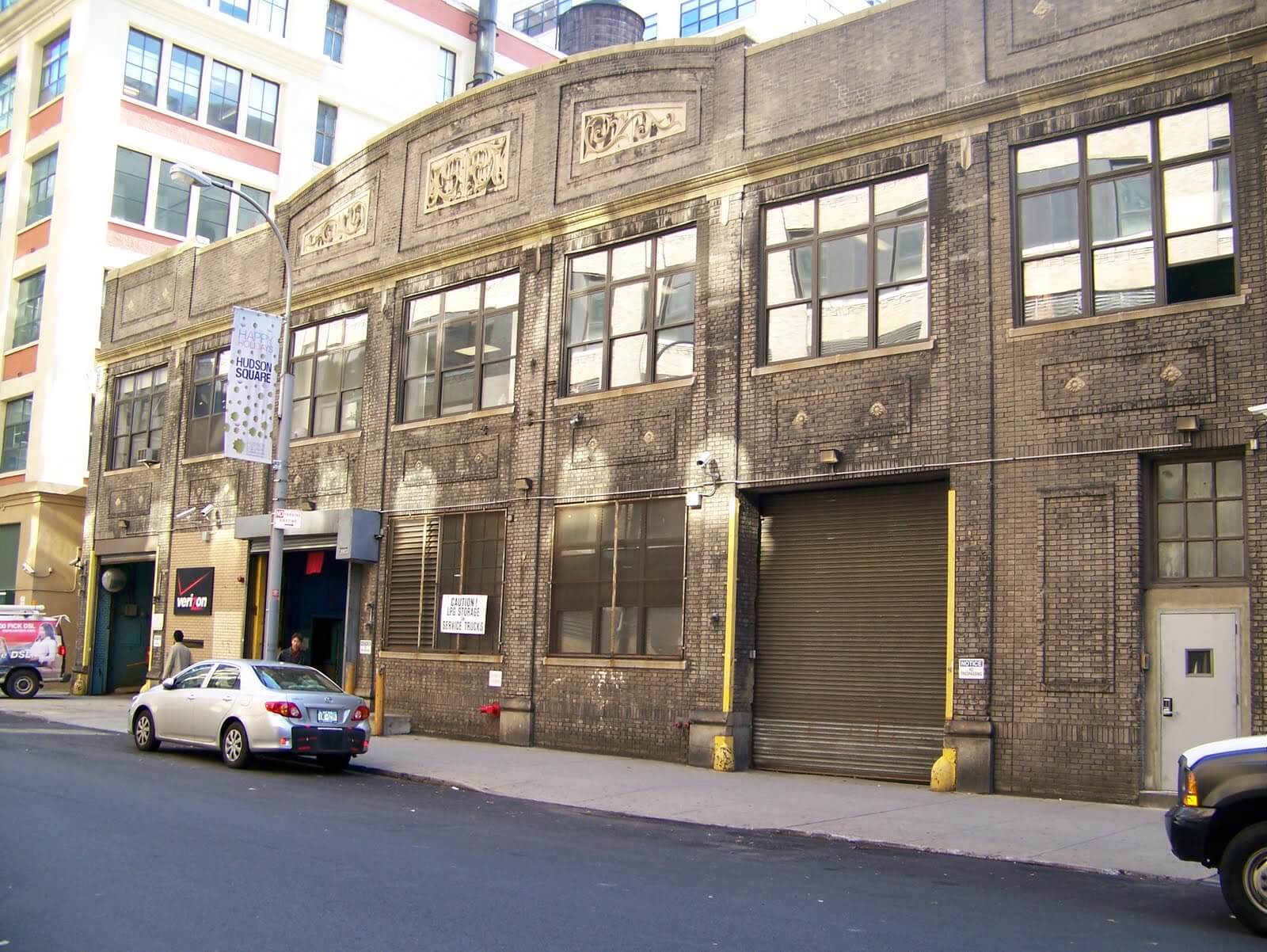The Unforgettable Legacy of Paradise Garage: Exploring LGBTQ+ History, Dance Music, and the Birth of a Genre
Revisiting the late 70s, an unassuming parking garage stood at 84 King Street. However, behind its doors lay a hidden gem in dance music and LGBTQ+ history - Paradise Garage.

Revisiting the late 70s, an unassuming parking garage stood at 84 King Street. However, behind its doors lay a hidden gem in dance music and LGBTQ+ history - Paradise Garage. Housing a custom-made Richard Long sound system, this venue became legendary for its parties that lasted well into the next day, its superstar DJ who is still revered as one of the greatest of all time, and a sound that would define a genre and leave an everlasting impact on a generation.
Although Paradise Garage officially opened its doors in early 1978, the unofficial "construction parties" that took place there forty years ago this month played a key role in its success. From the beginning, the venue became a must-visit destination for music fans who craved the latest records, for the queer community seeking a safe space to dance without fear, and for anyone in town who wanted to be part of something extraordinary.
What set Paradise Garage apart was its commitment to inclusivity. While specifically catering to gay and lesbian patrons, people of all backgrounds, colors, sizes, and orientations were welcome. Unlike Studio 54, Paradise Garage had a members-only policy, but this didn't necessarily block out the average person as long as they had "the look" or were accompanied by a member. This unique blend of inclusive exclusivity provided a platform for the flourishing of queer dance culture and contributed to the development of the diverse array of musical expressions we see today.
The heart and soul of Paradise Garage resided in its music. DJs and artists such as Chaka Khan, Evelyn King, Madonna, Whitney Houston, and Grace Jones graced the stage, defining a new genre of music. These performers and their music became synonymous with Paradise Garage. The Garage sound showcased soulful vocals, drawing inspiration from R&B and funk more heavily than emerging house music in the American Midwest. In contrast to the experimentation with drum machines and synthesizers in Chicago, Paradise Garage artists opted for orchestras and live instruments. This distinction, as noted by Garage proprietor Mel Cheren, gave rise to the statement that "House is Garage on a budget."
Central to the Paradise Garage experience was the legendary DJ, Larry Levan. Levan's discerning taste and commitment to perfection made him stand out. Even on nights when he wasn't performing, he meticulously adjusted the sound system's EQ to adapt to the changing crowd dynamics. Levan's dedication extended to unexpected actions, such as climbing a ladder during peak hour to polish the disco ball. Known for his connection with the crowd, Levan pushed boundaries with unconventional DJ techniques that continue to defy norms today. His selections were so influential that A&R reps and radio DJs flocked to Paradise Garage to listen, knowing that the records Levan chose would quickly become hits within their target demographics. Levan even founded West End Records, providing a home base for artists in this genre.
The influence of Paradise Garage and West End Records extends far beyond the boundaries of the club itself. The term "garage" has become synonymous with a musical genre, particularly UK Garage, which drew inspiration from disco, house music, and various UK-based genres. What many may not realize is that this term originated from Paradise Garage. West End Records left an indelible mark on diverse genres like reggae, rap, pop, and EDM. Its records have been sampled by acclaimed artists such as Robyn, Daft Punk, A Tribe Called Quest, Jungle Brothers, and Black Eyed Peas.
As we continue to celebrate Pride Month, it is important to acknowledge and appreciate venues like Paradise Garage that not only provided a space for the LGBTQ+ community to thrive but also influenced and shaped the trajectory of electronic music. Take a journey through history with more tips and tutorials on Aux Connect.
